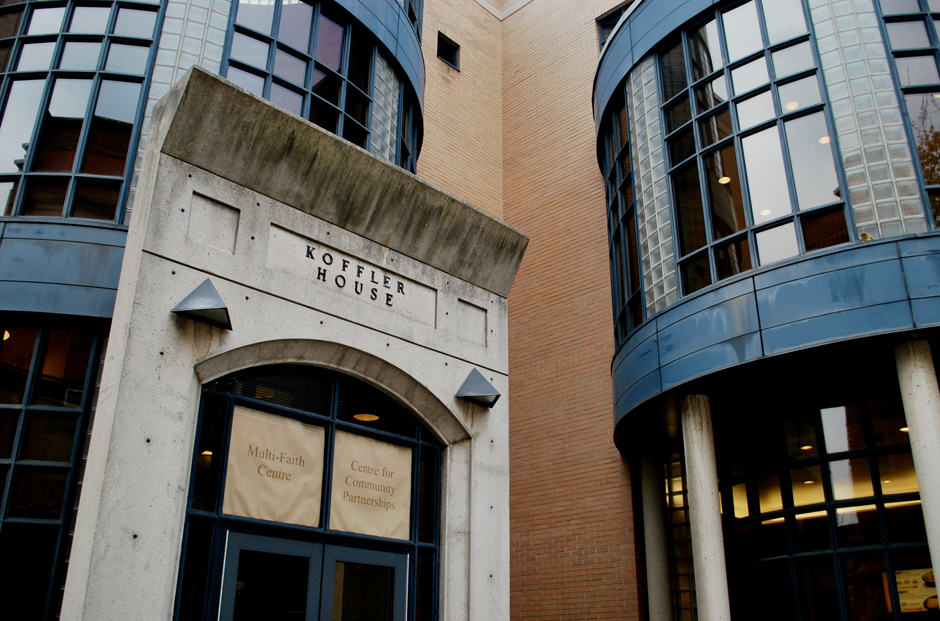Andrew Bennett, the first person to take on the role of ambassador for Canada’s Office of Religious Freedom, visited Toronto on Monday to engage in a panel discussion with University of Toronto professors.
The talk, entitled “Religious Freedom in an International Context,” took place at the U of T’s Multi-Faith Centre in front of a full auditorium, and was moderated by professor Pamela Klassen of the Department for the Study of Religion.
The crowd included students and professors as well as a diverse showing of representatives from nearby religious and cultural groups including the Toronto Area Interfaith Council and Ismaili Youth Chair.
The panel, which included professor Melissa Williams of the Political Science Department, and professor Anna Su, a professor in the Faculty of Law, scrutinized Canada’s role in promoting religious freedom internationally.
The Canadian Office of Religious Freedom was established by Prime Minister Stephen Harper on February 19, 2013. It is mandated to advance worldwide religious freedom as a Canadian foreign policy priority.
In his remarks, Bennett said that he saw religious freedom as a human right rooted in human dignity. He noted that the Office of Religious Freedom is meant to reflect the principles of democracy, freedom, human rights, and the rule of law to advance their foreign policy mandate.
“Fundamental principles… are immutable. They are also not culturally specific, so when we speak of them… these are not the sole preserve of Western liberal democracies,” said Bennett.
These sentiments were challenged by both Williams and Su, who began their remarks by professing their roles as “devil’s advocate.”
Williams, speaking through the lens of political “realism,” questioned the role of government foreign policy.
“Should a democratic government’s foreign policy reflect the moral ideals that inform its constitutional order? Or is it the responsibility of a democratic government first and foremost to uphold the interests of its citizens, rather than the citizens of other states?” Williams said.
She also questioned whether it is possible to have a principled foreign policy apparatus at all, when governments are inescapably influenced by political and economic motivations.
Su noted common criticisms that arose when the United States opened a similar office in the late 1990s. She said that critics were concerned with government playing a role in assessing what constituted a religion, and that the office gave special status to religious rights over other rights and freedoms.
Bennett denied that the Canadian office plays any role in assessing religions. “If we need to reach out, we reach out,” he said.
Zul Kassamali, president of the Toronto Area Interfaith Council emphasized the importance of the event in increasing what he called “religious literacy” among diverse groups.
“Our knowledge of each other’s religions is… key,” Kassamali said. “Where we aim to better understand each other’s faiths… we begin to stop essentializing each other’s religions.”


